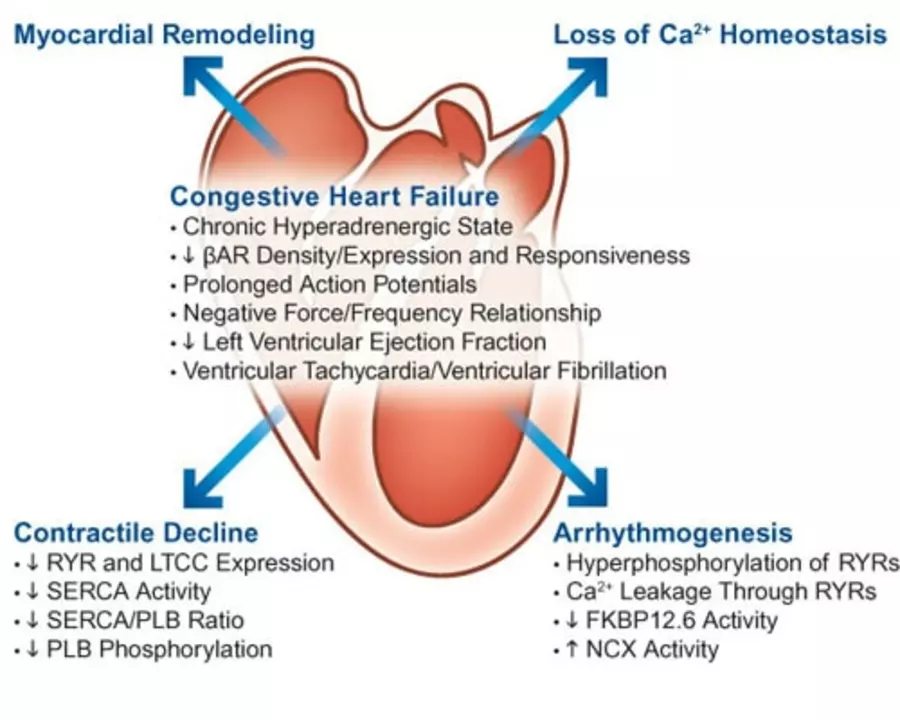Heart failure: what to watch for and what actually helps
Heart failure isn’t a single disease — it’s when the heart can’t pump well enough for your body’s needs. You might feel tired, short of breath when lying down, notice swollen ankles, or find your daily walk gets harder. Those are direct signals, not vague warnings: act on them early.
Different things cause heart failure: long-term high blood pressure, past heart attacks, valve problems, and certain medicines or infections. Age and diabetes raise the risk, but so do lifestyle habits that can be changed. Knowing the root cause matters because treatment targets both the pump function and the triggers making it worse.
Quick actions if you have symptoms
If breathing trouble or chest pain shows up suddenly, call emergency services right away. For gradual symptoms — more swelling, more shortness of breath, or weight gain of several pounds in days — contact your doctor. Keep a simple daily log: weight, shortness-of-breath score (1–10), and medications taken. That small record helps clinicians decide if you need a test or a med change.
Monitoring at home is powerful: weigh yourself each morning, limit salt, and track fluid intake if your doctor asks. Small daily habits can prevent hospital visits. Ask your clinic for a written plan that says when to phone, when to change diuretics, and important warning signs.
Medications, lifestyle and where to learn more
Several drug groups improve symptoms and survival: ACE inhibitors or ARBs (like benazepril-type drugs), beta-blockers, mineralocorticoid receptor antagonists, and, for some people, newer options like ARNI or SGLT2 inhibitors. Nitrates and isosorbide mononitrate help angina and sometimes symptom control — but long-term use needs careful follow-up. If you’re on statins or have high cholesterol, options like atorvastatin or newer alternatives are discussed in our cholesterol guides.
Medication safety matters. Use trusted pharmacies and follow prescription rules — our site has practical guides on buying meds safely and spotting scams. If you’re being treated for heart issues and also need pain relief, sleeping aids, or treatments for other conditions, check interactions before combining drugs. A pharmacist or your cardiology nurse can usually sort this quickly.
Lifestyle changes make a real difference: daily activity that fits your level, a heart-healthy diet, quitting smoking, and controlling weight and blood sugar. Rehab programs after hospital discharge reduce readmissions and help you regain strength faster than trying to do it alone.
Want deeper reads? Browse our articles on long-term nitrate therapy, safe ways to buy heart medicines, ACE inhibitor guides, and practical tips for cholesterol control. Bookmark a few reliable pages, keep your medication list updated, and bring it to every appointment — that simple step prevents errors and speeds better care.

